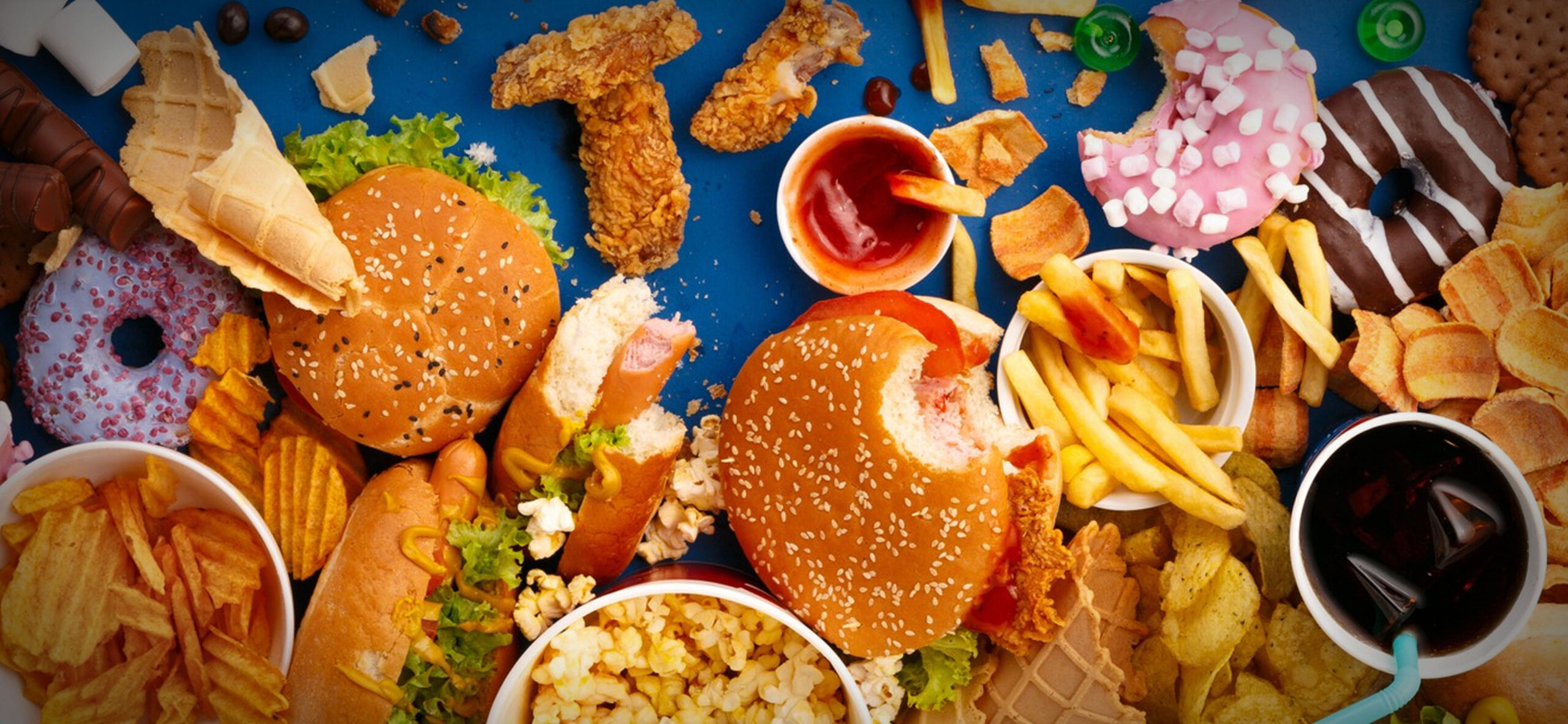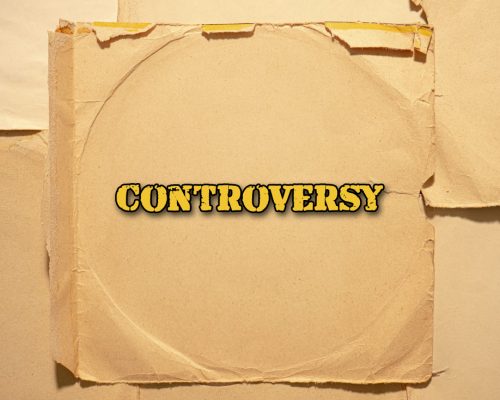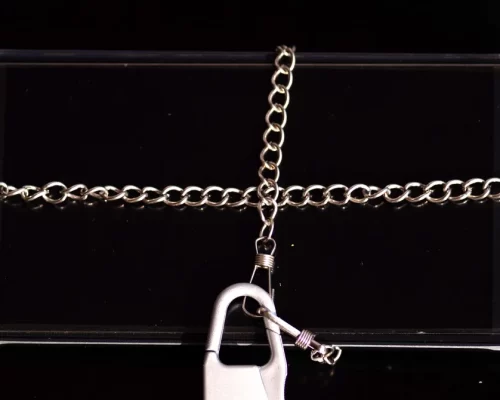If you’re having a hard time putting down that bag of potato chips, you are not alone.
Millions of people are hooked on junk food. But the verdict is in. Seriously, it’s bad for you.
Junk food is a term used to describe food that is high in calories and low in nutritional value. These foods are often high in sugar, unhealthy fats, and salt, and they are typically lacking in essential vitamins, minerals, and other nutrients.
That’s pretty much a lifetime of corn chips, diet soft drinks in your grocery cart and late night drive thru burgers and fries.
A study of over 3,000 adults found that a diet high in ultra-processed foods was associated with an increased risk of cardiovascular disease disease, coronary heart disease, and mortality. While it called for additional research involving ethnically diverse populations, it said the findings indicate that limiting ultra-processed foods could lead to a healthier heart.
The industry marketing trick
Nowadays, junk food products are disguised by using healthy labels such as: low fat, enriched with vitamins, fortified with vitamin C, zero sugar, less salt, multi-grain. It’s a plethora of market study-based one liners to convince you that it’s ok to eat it.
But don’t be fooled. An example is soft drinks that claim to have zero sugar.
According to a study that tracked participants for up to eight years, people who drank more than 21 artificially sweetened beverages per week increased their risk of overweight and obesity, compared with people who didn’t consume these kinds of drinks.
While this association does not establish causality, the researchers said it raises the question of whether artificially sweetened beverages were fueling rather than fighting the obesity epidemic these were supposed to address.
You can put down the cookies as well. They are often made with refined flour and hydrogenated oils, which may increase cholesterol levels and contribute to heart disease.
Understanding the labels
Generally, experts say that anything that is produced en masse, uses coloring, and can last a lifetime in storage may be bad for you. To know the risks you may be facing, you can start by reading the label to see what you will be consuming.
Hydrogenated oils and trans fats – These are unhealthy forms of fat that can increase cholesterol levels and contribute to heart disease.
High fructose corn syrup – This is a sweetener that is often used in processed foods and drinks.
Artificial flavors, colors, and preservatives – These are added to enhance the taste and appearance of junk food.
Sodium – This is a main staple used to add flavor and extend the shelf life of many processed foods.
What’s the alternative?
Fresh fruits and vegetables – Snacking on fresh fruits and vegetables can be a healthy and satisfying way to curb your cravings for junk food. They are low in calories, high in fiber, and packed with essential vitamins, minerals, and antioxidants.
Nuts and seeds – Nuts and seeds are a great source of healthy fats and protein, and they can help you feel full and satisfied. Try snacking on a small handful of almonds, walnuts, or pumpkin seeds.
Yogurt – Yogurt is a good source of protein and calcium, and it can help you feel full and satisfied. Try choosing plain, unsweetened yogurt and adding fresh fruit, honey, or nuts for added flavor.
Whole grain crackers and popcorn – These snacks are made with whole grains and are a healthier alternative to processed junk food snacks like chips. Try choosing crackers made with whole wheat flour and opting for air-popped popcorn instead of microwavable varieties.
Dark chocolate – Dark chocolate is a healthier alternative to sweet junk food snacks, as it is lower in sugar and higher in antioxidants. Try choosing dark chocolate with a high percentage of cocoa solids for the greatest health benefits.
It doesn’t take much to understand what is good or bad for you. Your body tells you right away. Everytime you feel dizzy after eating a tub of ice cream or get a little woozy after consuming an entire bag of cheese curls, that’s your body telling you to stop.
Next time you do your groceries or end up in a convenience store, always think about how much better you’d feel if you didn’t eat all that junk.



























